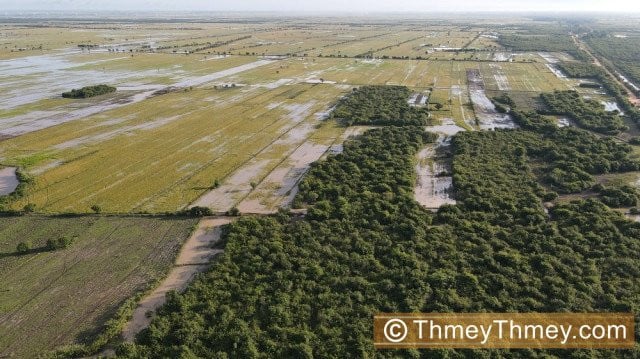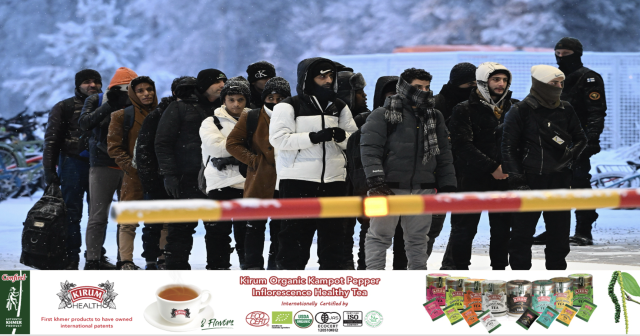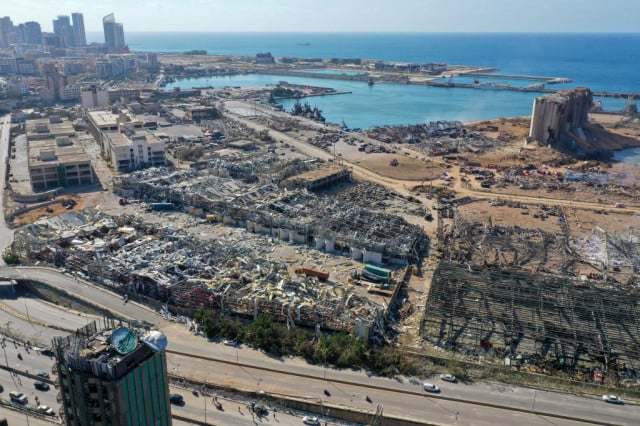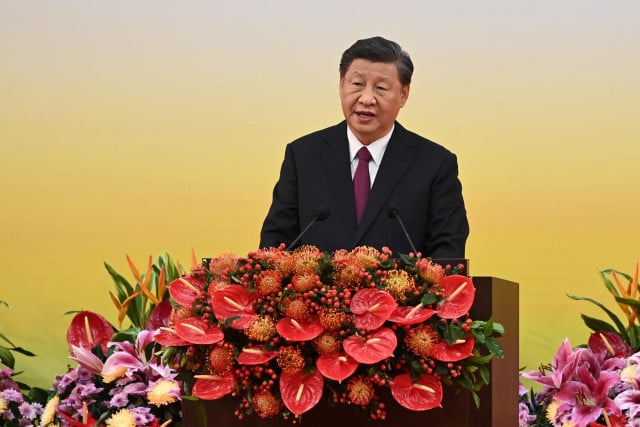Punish Land Grab Officials, Civil Society Groups Say

- By Lay Sopheavotey
- and Teng Yalirozy
- December 3, 2021 1:55 PM
Powerful must face law just as poor do
PHNOM PENH--Officials who grab land in flooded forests in the Tonle Sap Lake region must be punished according to the law and should not be released after pleading guilty, civil groups say.
Otherwise, the government will be criticized for implementing different legal standards for powerful and poor citizens.
Some officials who seized swamp forest land have returned it to the state after Prime Minister Hun Sen ordered the crackdown on land grabs around the lake. Officials who pleaded guilty to encroaching on flooded forest land will be pardoned but remain convicted, Hun Sen said on Nov. 28.
Soeung Sen Karuna, the senior investigative official for rights group Adhoc, said encroachment on the state's flooded forest was a crime and that confession was only part of the court's consideration to mitigate the guilt. The government and law enforcement agencies should impose penalties in accordance with the law.
"It is not acceptable for some to admit guilt and not be punished for what they have done. There should be penalties and punishments according to the law,” he said.
He added that if the perpetrators are not charged, it reflects on Cambodian society that the powerful can commit crimes and evade conviction.
San Mala, senior advocacy officer at the Cambodian Youth Network (CYN), said it would be extremely unfair for a powerful person who illegally occupies Tonle Sap land to be pardoned by the government and law enforcement.
"If the perpetrators confess to receive an amnesty from the government or law enforcers, it is unfair and the standard of the Cambodian law will show the differences between official and normal citizens," he said.
Am Sam Ath, deputy director for monitoring at rights group Licadho, said authorities must implement strict measures to set an example.
"If the authorities in charge of cracking down on illegal land grabs do not follow the law and only apply it to poor people, there is no transparency and justice in Cambodia,” he said.
San Mala from CYN said the government has always strictly enforced the law on activists involved in protecting the environment and has restricted their rights and freedoms.
"So, if the government does not want to be criticized, the government must enforce the law without exception for all those powerful people who violate it," he said.
The poor take the land for cultivation or to make a living while the powerful invade the land and cause greater harm, the civil society groups said.
Therefore, the scale of the punishment must also be measured according to the impact. They added that in the past, most officials only did their job when ordered to do so.
The civil society groups said action against officials should not just be short-term, allowing them to resume illegal activities when people forget about their cases.
The civil society representatives said they were disappointed when officials did not fulfill their duties, while the citizens always paid taxes to the civil servants.
The civil society groups said land grabs and natural resource crimes are all linked to those in power. The Prime Minister appears to have ordered authorities to intervene because there are officials in provinces near the flooded forest land in the Tonle Sap region involved with the crime.
On Nov. 28, Hun Sen called on officials involved in illegal land grabs to be accountable, especially for the flooded forest land of the Tonle Sap region.
Illegal land grabs amounting to 20,000 hectares around the Tonle Sap Lake have been preliminarily detected while the authorities say the actual area could be even bigger.
Sok Touch, president of the Royal Academy, said that more than ten thousand hectares of flooded forest land had been encroached upon but the perpetrators had not been found.















